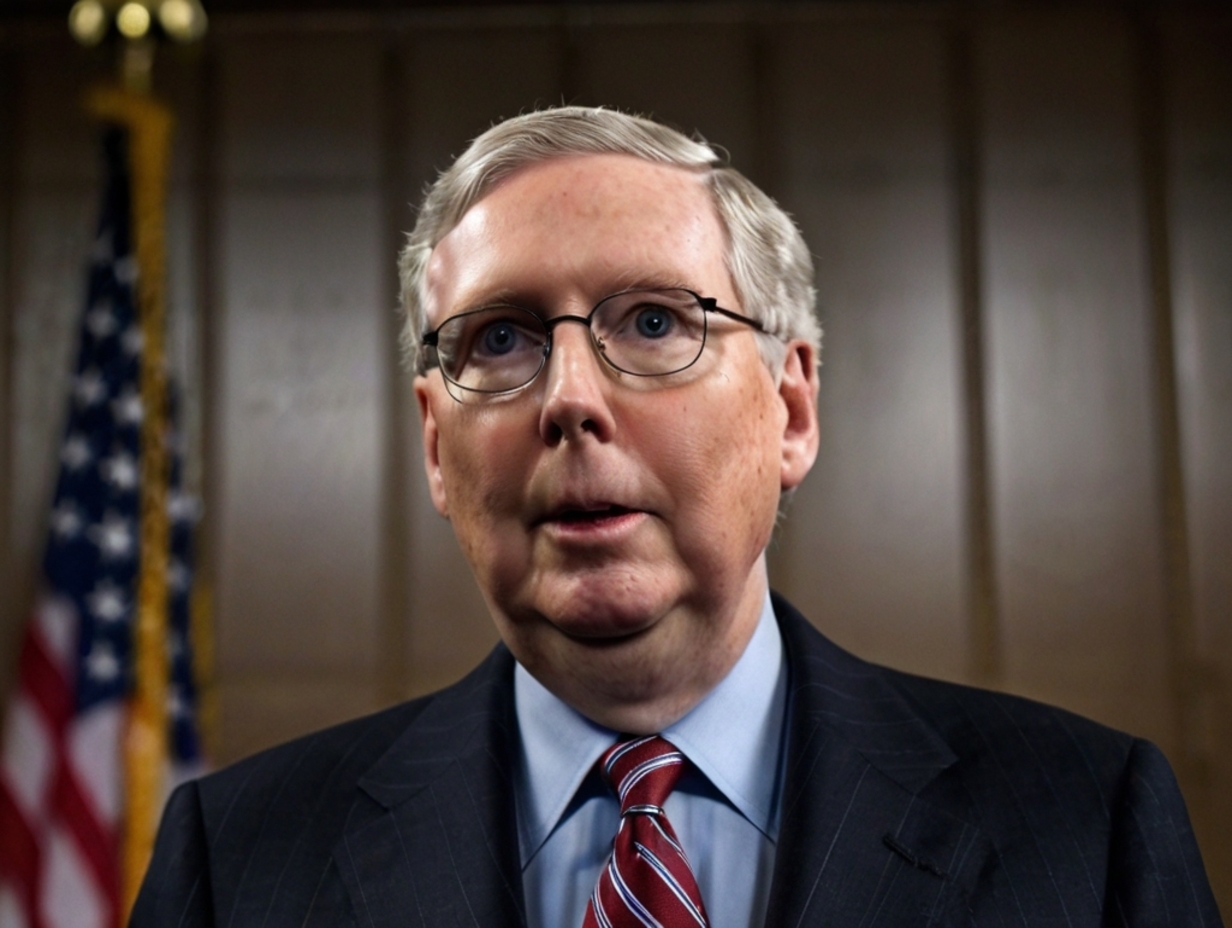Senate Republican Leader Mitch McConnell (R-Ky) has taken a clear position against the bipartisan legislation proposed by the Senate Rules Committee which is intended to limit the use of AI to produce deceptive content to influence the federal elections. The bill, named Protect Elections from Deceptive AI Act, has been supported by both sides of the aisle, including Senate Rules Committee Chair Amy Klobuchar (D-Minn) and Senators Josh Hawley (R-Mo.), Chris Coons (D-Del), Susan Collins (R-Maine), Michael Bennet (D-Colo), and Pete Ricketts (R-Neb).
NEW: @SenAmyKlobuchar introduces three bipartisan bills to protect against deceptive uses of artificial intelligence in election administration and campaigns. The legislation will be debated tomorrow in committee.https://t.co/oEfdidptCT
— Democracy Docket (@DemocracyDocket) May 14, 2024
Opposition worries about regulatory overreach and free speech
The opposition of McConnell is based on his worry about regulatory overreach and the possible limitation on free speech. He suggests that the proposed legislation could interrupt the already established legal framework for dealing with false advertisements and widen the area of speech regulation. McConnell argues that giving politicians extra ways to punish the speech they do not agree with could be very dangerous, especially if it’s used to restrict unpaid political speech. He accentuates the unclear nature of the bill’s definitions, referring to the testimony from Senator Bill Hagerty (R-Tenn), and cautions against the unintended consequences of excessive regulations, such as the censorship of lawful content.
Pushback against content regulation and disclaimers
Besides, his objections to the Protect Elections from Deceptive AI Act, McConnell also expressed his disagreement with other AI-related bills that the Rules Committee marked up. The AI Transparency in Elections Act is one of the bills that demands that ads with AI-created images, audio, or video have disclaimers. McConnell remarks that these disclaimers could be used to regulate the content—this is unlike their usual function of informing the audience that the advertisement is sponsored. He thinks that political disclaimer regulations should not be a means for content regulation, hence, a clear agreement on what is acceptable AI use in political contexts should be reached.
Also read: Tackling the threat of deceptive AI
Urge for further deliberation and consensus
McConnell ends his opposition by asking his colleagues to be careful and discuss the AI-related bills in more detail before they finally pass the bill. He stresses the necessity of achieving a unanimous understanding of the AI application acceptable in the political field to prevent unintended consequences and maintain free speech protection. Until such a consensus is reached, McConnell claims that the bills are opposed in their present state and urges his colleagues to do the same.
McConnell’s opposition to the bipartisan legislation which is aimed at the use of deceptive AI in elections shows that regulating the emerging technologies in the political area is a complex and controversial issue. His worries about the control of the government, free speech issues, and the necessity of clearer definitions show the difficulties the lawmakers have in making good and balanced legislation. The outcome of these AI-related bills is to be decided by the policymakers’ ability to solve these issues and agree on the suitable use of AI in election campaigns.




